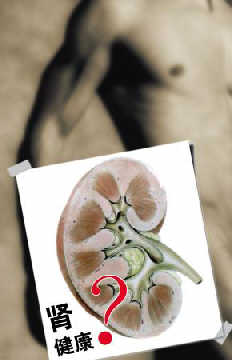
A new therapy developed at Cedars-Sinai Medical Center in Los Angeles is making kidney transplants possible for patients who previously would not have been candidates for such procedures, according to a new study published on Friday.(File Photo)
A new therapy developed at Cedars-Sinai Medical Center in Los Angeles is making kidney transplants possible for patients who previously would not have been candidates for such procedures, according to a new study published on Friday.
The therapy, which has been covered by Medicare since 2004, helps potential patients overcome a sensitivity that can result in the body rejecting a transplanted kidney, said the study appearing in the New England Journal of Medicine.
Up to 30 percent of the 74,000 patients waiting for kidney transplants have such a sensitivity, according to the study. Kidney transplants are only attempted on about 6.5 percent of such patients, but most remain on dialysis because the procedure is unsuccessful.
At Cedars, problematic transplant candidates are given high doses of an intravenous antibody, which reverses the sensitivity.
"From a quality-of-life perspective, as well as from the financial standpoint, transplantation is a much better option than years of dialysis," said Dr. Stanley C. Jordan, Cedars' medical director of the Renal Transplant Program and senior author of the article.
However, Cedars is one of the few transplant centers in the nation that offers the therapy, which means many potential candidates are denied transplants, the study said.
"Patients who are on dialysis and those who are progressing toward renal failure should be considered for a kidney transplant," Jordan wrote. "Ideally, they would be referred to a transplant center for evaluation even before they start dialysis because data show that those who get transplanted before starting dialysis do better."
"However, for the highly sensitized patient, transplantation is not an option unless desensitization therapies are used."
(Xinhua News Agency July 21,2008)